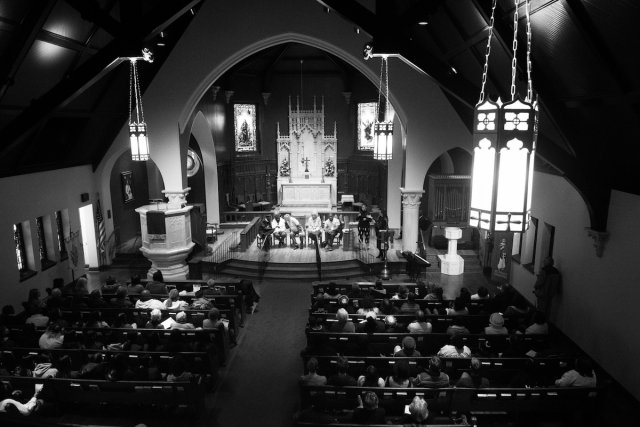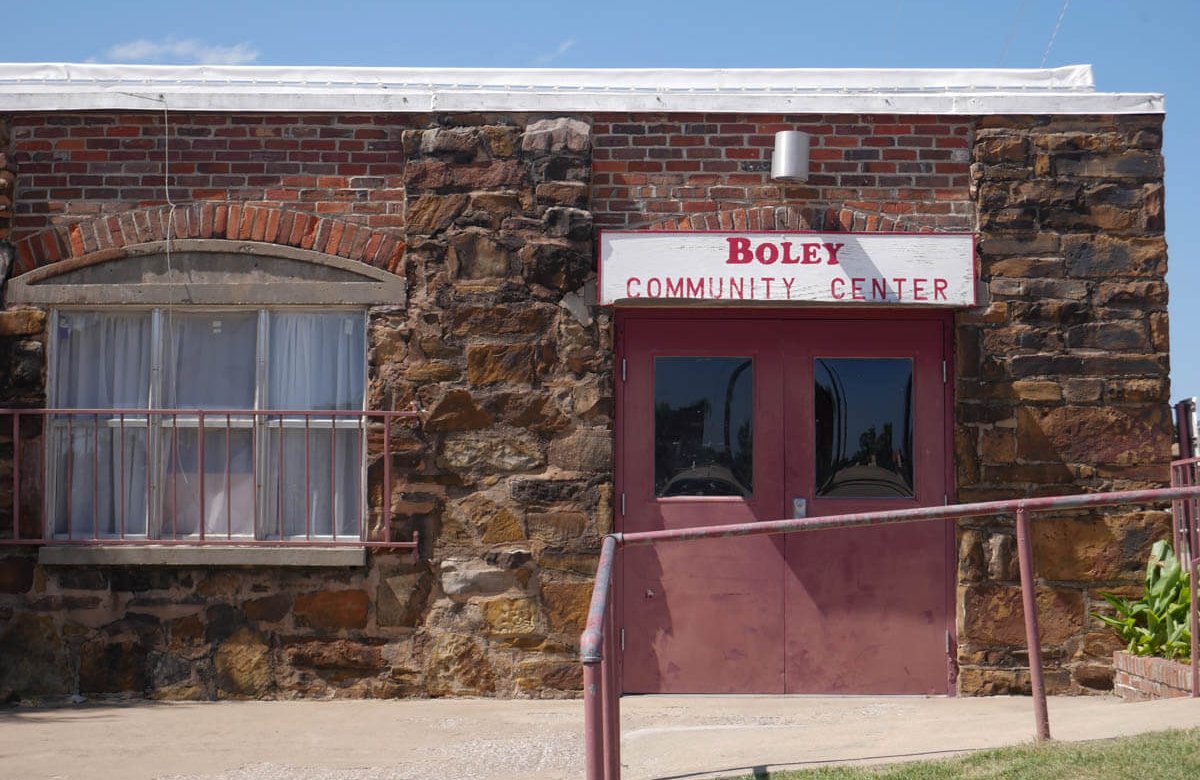

A series of racist and racially insensitive events in Oklahoma schools turned the past month into an excellent argument for why black history, racial prejudices and the ongoing inequalities faced by African Americans deserve more attention than merely 1/12th of our collective cultural calendar.
Even with an extra day for Leap Year, February 2020 saw the positive components of Black History Month overshadowed by national news coverage of thoughtless and insulting statements that easily could have — and should have — been avoided by Oklahomans in the education arena.
If you had your head in the sand, February in Oklahoma featured the following failures that caused anguish and headlines:
- A journalism professor at the University of Oklahoma saying the N-word during class in the context of equating it with the phrase, “Okay, boomer”;
- Albeit prefaced with a trigger warning, a history professor at the University of Oklahoma reading the N-word aloud in class multiple times while reciting a quote from a racist former U.S. senator;
- A Newkirk Public Schools basketball announcer calling the names of an opposing basketball team’s players “disgusting”;
- An Oklahoma Christian University recruiter making students at Harding Charter Prep line up according to skin tone and then hair texture;
- Oklahoma City Public Schools nutrition staff displaying a Black History Month promotional item with watermelon on it;
- A Mid-Del Public Schools middle school teacher using the N-word to describe characters in a movie.
Pathway to progress should matter 24/7
Ways in which predominantly white-led institutions responded to the insulting and insensitive nature of the six events listed above underscored America’s disconnect between dominant culture and marginalized groups.
In covering black students and their allies occupying the University of Oklahoma’s administration building, TV newsrooms included video of former OU students callously uttering the N-word in recent years, a veritable doubling down on the trauma triggered by recent racist ramblings. In response to local stories, social posts and comment sections filled with the thoughts of white people who — aside from the fact that such stories make them feel defensive — are unaffected by these situations. Many publicly criticized the student-led Black Emergency Response Team for seeking acknowledgment and action, as if learning how to confront power and advocate for oneself is not part of collegiate maturation. Overall, those students deserved to be backed up by the broader community, not dismissed without recognition of their experience.
Oklahoma’s institutions use Black History Month each year as an opportunity to acknowledge the contributions and value of African Americans, a focus that is undoubtedly positive and that stemmed from a historic lack of recognition of their contributions. But what good are tweets, TV promos and political lip service one month of the year when six representatives of Oklahoma’s educational establishment independently and nearly simultaneously make mistakes that trigger and re-traumatize the segment of society we are supposed to be honoring? And what good are official commemorations and celebrations if a community does not listen to and amplify the voices of those affected by racism?
At what point can white leaders acknowledge that black history demands more than a single month of happy hype? Recognizing, admitting and discussing Oklahoma’s long history of racial inequality must be prioritized year-round in a manner that is honest and direct. Without these considerations, the historically genuine month loses meaning and the designation of only four weeks each year to discuss the African American experience is not a recognition of black history, it’s branding.
Don’t forget Rep. A.C. Hamlin and Senate Bill 1
Fortunately, some steps are being taken to emphasize the realities of Oklahoma history, even if they are difficult to swallow. One hundred years after it occurred, the Tulsa Race Massacre — long-ignored in high school history classes — will now be part of the state’s mandatory curriculum.
Last month’s racist events are also being responded to, at least slightly. Thanks to student activism at OU, the university will implement mandatory bias training and will establish a new multi-cultural center. OKCPS has already required such training for its staff, and Oklahoma Christian University fired the recruiter who visited Harding Charter Prep.
But while it’s nice to see some actions taken, an online employment training tool will never erase the trauma and terrible truth of past injustice. Norman was a sundown town where African Americans were lynched. The University of Oklahoma College of Law was led by a dean — still honored with an endowed chair — who received ridicule from the U.S. Supreme Court when he argued African Americans could be barred from his highfalutin institution because Oklahoma had thrown together an “equal” law school for Ada Lois Sipuel Fisher in the State Capitol’s basement.
Although a segment of Interstate-35 between Edmond and Guthrie is named for Rep. Albert Comstock Hamlin — an African American member of the second Oklahoma Legislature — few know how the quick implementation of Jim Crow laws skirted the 15th Amendment, functionally blocked black voters from the polls and led to Hamlin losing re-election in 1910. Were your relatives eligible to vote before the 1866 Civil Rights Act? Have you ever heard of a grandfather clause?
To that end, plenty can and should be said about 1907’s Senate Bill 1, the flooding of all-black communities to create Oklahoma lakes and even the placement of Interstate 235 — right through the heart of Deep Deuce.
HISTORY
Oklahoma’s historic all-black towns: Built on hope, survived by pride by Archiebald Browne
It can be hard to admit ignorance, but only by facing and absorbing the realities of the past and present can we move toward a better future. That’s the thing about education: It’s ongoing, and it never ends. Every student at any high school or university is engaged in a coming-of-age process, one that hopefully confronts their ignorances and biases with a recognition that it’s acceptable to make mistakes and learn.
At the same time, adults must remember that they, too, need to keep learning and broadening their perspectives. While the actions of Oklahoma education-establishment figures who swallowed their own feet this Black History Month are disappointing, their mistakes must be a reminder of the work left to do in rooting out racism — work that is the duty of white people as much as (if not more than) anyone.
Oklahoma failed a test it didn’t even know it was taking this Black History Month. Much as education institutions would encourage their students to do, we should be reflective instead of defensive. For the next 11 months, we must admit our shortcomings, focus on the difficult task of remediation and prepare to be allies for an Oklahoma worth imagining.





















